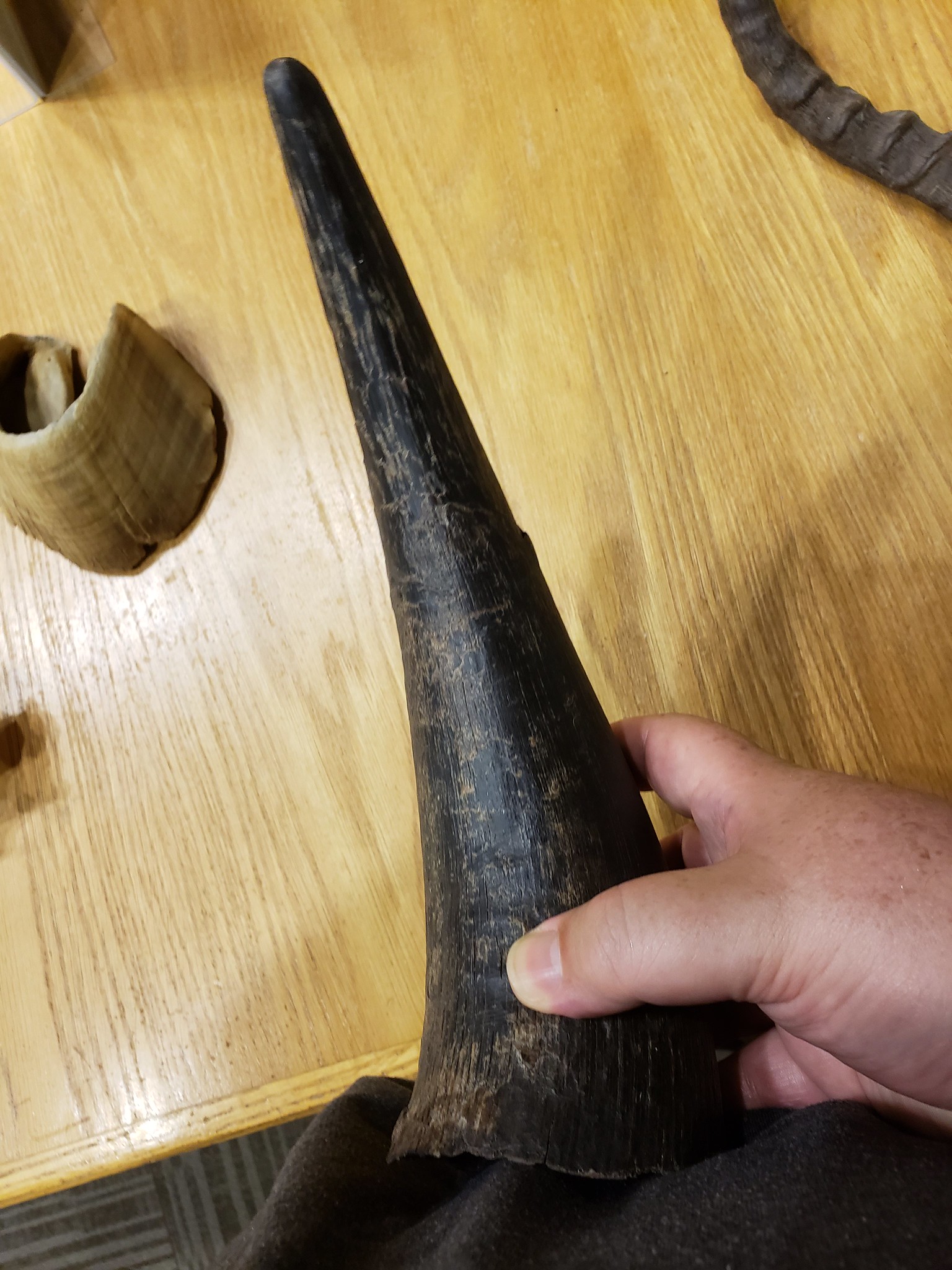Rhinos are popular in Vietnam -- but for the wrong reasons.
A study published in March 2018 found that rhino horns were primarily sought after for "medicinal" purposes, and also status symbols.
'Magical healing properties'
Revealing the results of their study on The Conservation on April 30, 2019, they interviewed 30 self-confessed rhino horn users, and one rhino horn trader.
All participants of the study belonged to the upper income bracket of Hanoi, Vietnam.
The authors, who are academics at the University of Copenhagen, said their findings confirmed how entrenched the belief that rhino horns had 'magical healing properties' was in Vietnam.
Interviewees said that the horns were used to "treat" a variety of medical ailments such as hangovers, fever, gout, and even terminal illnesses like cancer or stroke.
 Photo by mike krzeszak, Flickr
Photo by mike krzeszak, Flickr
Consoling the terminally ill
According to the authors, family members also use horns to honour terminally ill relatives. The horns are sometimes presented as a symbolic gesture to console them.
The belief that horns could cure cancer allegedly spread from a rumour in the mid-2000s that an unnamed Vietnamese politician was cured from the disease with rhino horn.
Although there were no further details, the rumour spread like wildfire, reported The Guardian.
The price of rhino horns surged, hitting a record high of US$60,000 per kg.
Horn used as a demonstration of wealth
Aside from its purported healing properties, rhino horn was also used among the inner circles of the rich in Vietnam as status symbol, the study found.
Consumers revealed that horns were shared within social and professional networks to demonstrate their wealth and strengthen business relationships.
Presenting whole rhino horns as a gift was also used to get favours from individuals with power.
Consumers, traders 'unconcerned'
The study also found there was no stigma surrounding use of rhino horns in Vietnam.
Interviewees said that they were not concerned about poaching, or the plight of rhinos in other countries.
The authors posited that the killing of rhinos, mostly in Africa, was perhaps too remote and far-removed from consumers in Vietnam.
The interviewees were reportedly unconcerned about the legal repercussions of consumption.
They believed local police "would not pay attention" and would only focus on illegal trade in large quantities.
A former rhino horn trader even mentioned to the authors that the profits of the illegal trade of rhino horn "far outweighed any risks".
Vietnam introduced new laws in Jan. 2018 that penalised trafficking products made from endangered animals, with up to 15 years in prison and fines of up to US$660,000 (S$900,000).
Preference for wild rhino horn
According to a 2017 report by conservation non-profit WildAid, only five rhino species remain on earth and all are critically endangered.
One species is already extinct in Malaysia.
Their populations have been threatened by poaching for their horns and habitat loss.
High demand in Asia
Despite an international ban placed on the the trade of rhino horn products as per CITES, demand for horns is a burgeoning industry, particularly in Asia.
Vietnam is one of the world's biggest consumers of rhino horn.
While one suggested solution to the illegal rhino horn trade is to 'sustainably' breed and farm rhinos to supplement demand while preventing illegal poaching, findings from the study seems to have shot that idea down.
It was discovered that Vietnamese consumers reportedly preferred wild rhino horns over farmed rhino horns, for reasons unnamed.
Top photo by Max Sang, Flickr
If you like what you read, follow us on Facebook, Instagram, Twitter and Telegram to get the latest updates.
